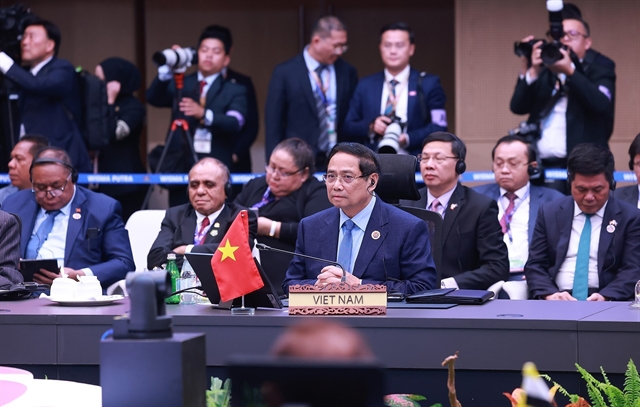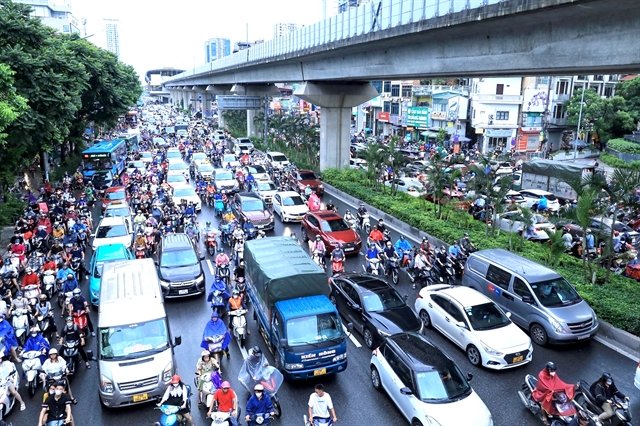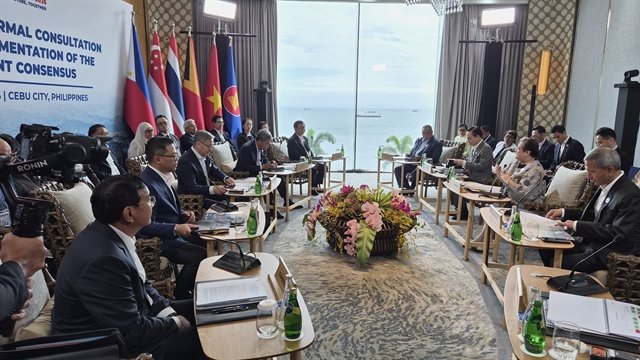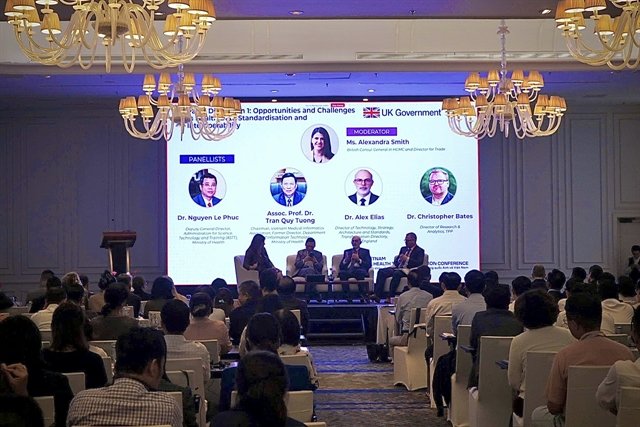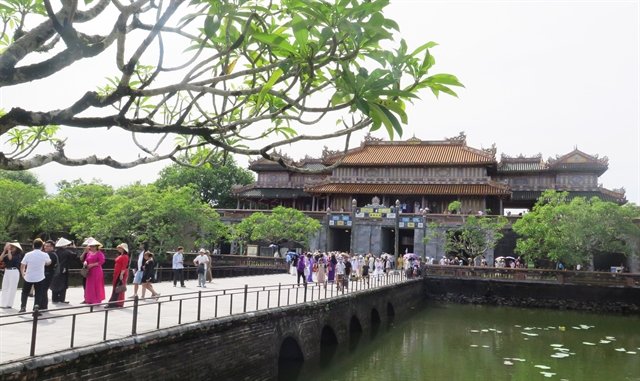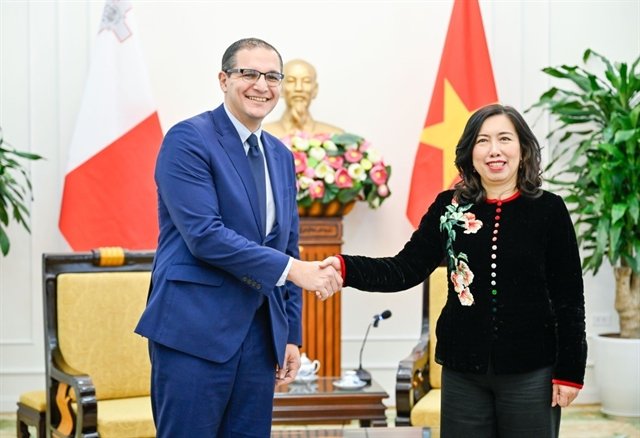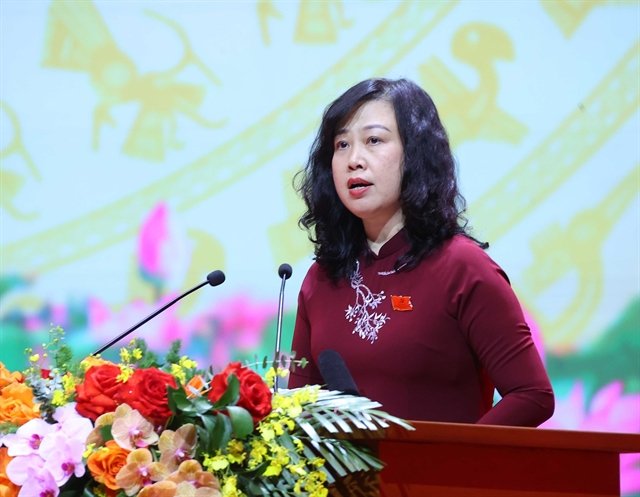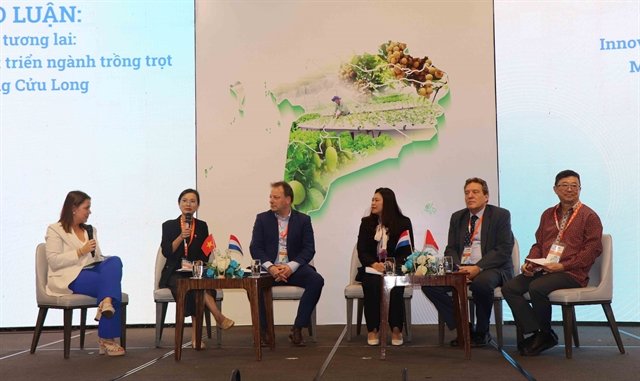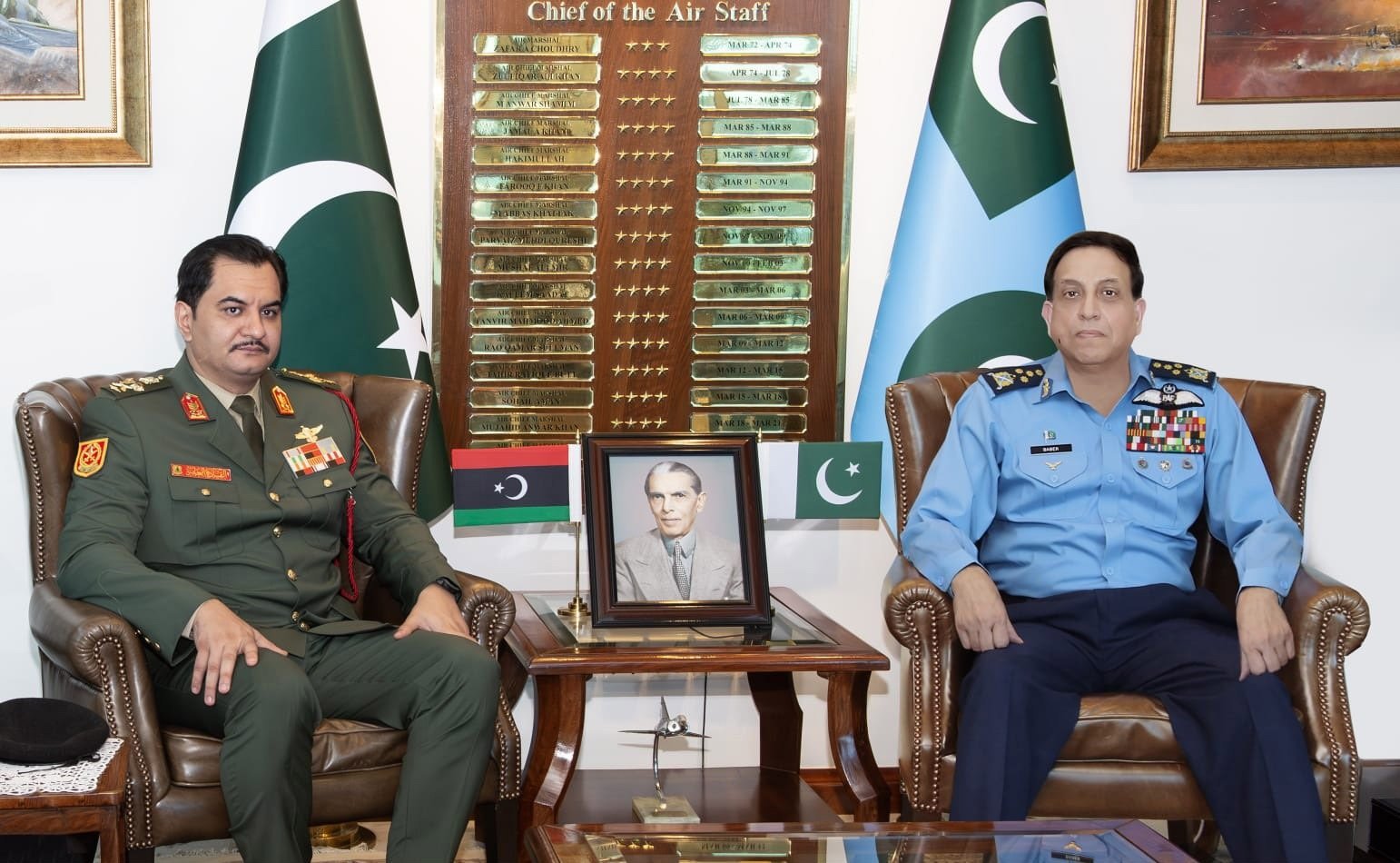Kuala Lumpur, October 28, 2025 – The Europe Today: Prime Minister Phạm Minh Chính has called on ASEAN+3 to sharpen its economic focus and strengthen regional resilience amid growing global uncertainties.
Speaking at the 28th ASEAN+3 Summit in Kuala Lumpur, Malaysia, on Monday — attended by leaders from ASEAN member states, China, Japan, and the Republic of Korea — PM Chính proposed three key directions to bolster cooperation: improving the quality of economic, trade and investment ties; enhancing regional self-reliance; and fostering unity to maintain peace, security, and stability.
He emphasized the need to deepen connectivity, promote innovation, and pursue inclusive and sustainable development while responding effectively to external shocks.
Delegates noted that 62 percent of the ASEAN+3 Work Plan for 2023–2027 has already been implemented, with initiatives such as the multilateralisation of the Chiang Mai Initiative Multilateralisation (CMIM) and the ASEAN+3 Emergency Rice Reserve (APTERR) playing vital roles in financial and food security. Leaders reaffirmed ASEAN+3’s role as a key driver of regional cooperation, fostering an environment conducive to sustained growth and resilience.
In their interventions, leaders from China, Japan, and the Republic of Korea underscored the theme of “Inclusiveness and Sustainability,” commended ASEAN’s central role, and pledged continued support for the ASEAN Community Vision 2045. They also backed efforts to advance the ASEAN Power Grid and finalize negotiations on the ASEAN Digital Economy Framework Agreement.
Member countries agreed to expedite the ASEAN+3 Work Plan 2023–2027, review and expand the Regional Comprehensive Economic Partnership (RCEP), and strengthen regional financial cooperation through CMIM and the Rapid Financing Facility (RFF). They also stressed the need to enhance support for micro, small and medium-sized enterprises (MSMEs) and to foster digital, green, and sustainable growth.
Leaders further called for stronger collaboration in tackling transnational crime, managing borders, ensuring food and energy security, and addressing pandemics, climate change, and natural disasters — all aimed at building inclusive and resilient societies.
In his remarks, PM Chính highlighted the importance of improving trade and investment cooperation, accelerating digital and green transformation, and leveraging the upgraded ASEAN–China Free Trade Area (FTA 3.0). He urged prompt reviews and updates of ASEAN’s FTAs with Japan and the Republic of Korea, as well as the expansion of RCEP to diversify markets and supply chains.
He called for increased investment in digital infrastructure and data centres, stronger digital trade cooperation, and shared economic governance frameworks to support effective digitalisation. The Prime Minister also underscored the need for coordinated implementation of APTERR and RFF, greater energy cooperation, and investment in climate-resilient infrastructure and early warning systems.
PM Chính proposed that East Asian countries assist ASEAN members developing nuclear power through technology transfer, human resource training, and nuclear safety cooperation. He also suggested greater financial connectivity among ASEAN+3 financial hubs to attract green capital for regional digital and green transitions.
He reaffirmed ASEAN+3’s role as a platform for unity, dialogue, trust-building, and sustainable cooperation, urging all countries to uphold international law, the UN Charter, and the 1982 UN Convention on the Law of the Sea (UNCLOS), and to resolve disputes peacefully through candid dialogue.
At the close of the summit, ASEAN+3 leaders adopted a Declaration on Strengthening Regional Economic and Financial Cooperation, reaffirming their shared commitment to fostering an open, inclusive, and rules-based regional order with ASEAN at its core.
